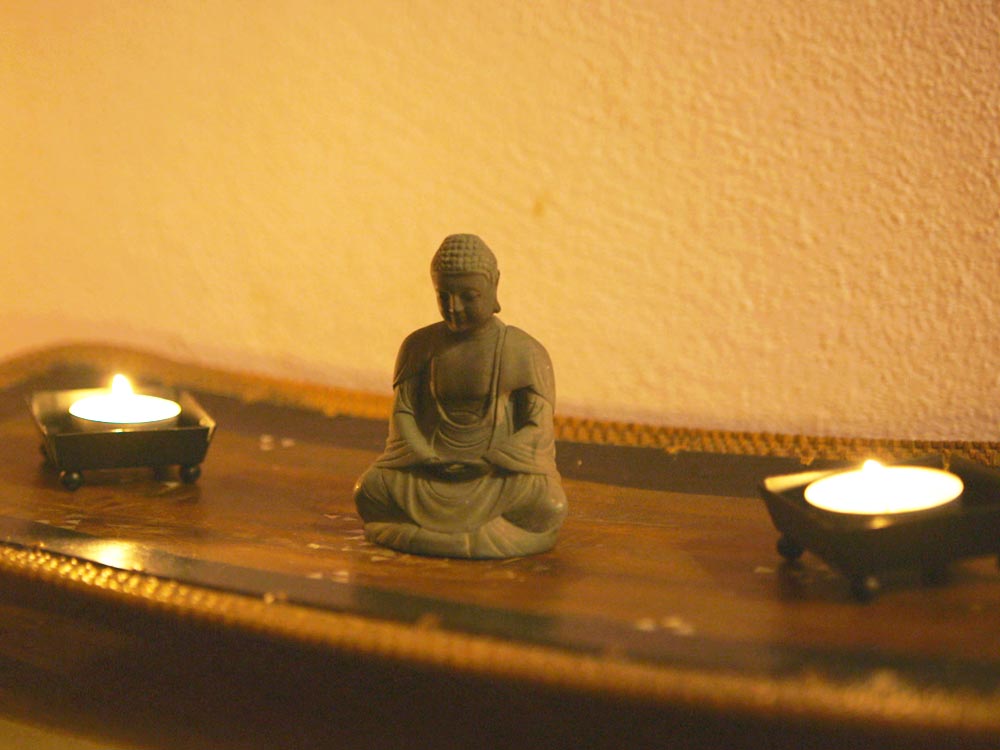- Home
- Resources
- Our ibogaine Support Treatment Programme
- Exercise Post Ibogaine Therapy
Exercise Post Ibogaine Therapy
Exercise Post Ibogaine Therapy
Exercise Post Ibogaine Therapy
Introduction
Who needs a gym when there’s the living room floor? Not everyone is a fan of the gym, what a better way then, to do your physical exercise in the middle of nature breathing fresh air? At Tabula Rasa Retreat our daily fitness classes are coordinated by our personal trainer who teaches our clients how it is possible and effective to exercise only with the weight of their own body. Bodyweight exercises are a simple, effective way to improve balance, flexibility, and strength without machinery or extra equipment. From legs and shoulders to chest and abs, we cover every part of the body that can be made stronger with body resistance alone. At the end of each stay at our center, our personal trainer will make a personalized training plan for each client, so that once you return home, you can continue with a healthy lifestyle. Be your own gym!

Benefits of exercising
The health benefits of doing regular exercise have been shown in many studies. “A sound body has a sound mind”. It means that if a person is weak, dull, and sick, they are not able to do their work efficiently and quickly. People that exercise as an essential part of their routine are happier and more efficient than others. Physical activity and exercise reduce stress and anxiety, boost happy chemicals, improve self-confidence, increase the brain power, sharpen memory and increase muscle and bone strength. It also helps in preventing and reducing heart disease, obesity, blood sugar fluctuations and cardiovascular diseases. Exercise does not necessarily mean going to a gym or club for daily activity, it only means to undertake some form of physical activity no matter how and where. Regular Physical activity and exercise will help you stay healthy and energetic. At Tabula Rasa we show you how to work out without a gym!


Exercise in Recovery
When you are using drugs and alcohol to excess, your body and mind both take a real beating. Addiction changes your body chemistry, and once those substances are removed, you may be left feeling anxious, depressed, and sensitive to some of life’s major stressors. While it may not be the only treatment, there are studies revealing that focused regular exercise is a potential treatment for drug abuse. Exercise, combined with other proven forms of addiction treatment, have been shown to produce protective effects in addiction recovery tied to the neurobiological and behavioral consequences of physical activity. There are several proven benefits to getting regular exercise in addiction recovery:
Stress Reduction
Stress can be a problem in addiction recovery and is something that can lead to relapse if not properly managed. One of the ways that you can reduce, and control stress, is through exercise. Physical activity releases certain chemicals in the brain and improves circulation, both of which help with stress.
Better Sleep
Having problems with sleep is not uncommon in recovery. In fact, many people first began abusing alcohol or drugs in the belief that these substances would help them get the rest they needed. Now that those substances are gone, you will need something non-addictive as a substitute. Regular exercise can improve both your quality and quantity of sleep by properly regulating the body’s temperature.


Improved Mood
Mood changes can be associated with addiction recovery, and you can help your body adjust to its new circumstances by teaching it to naturally produce those feel-good chemicals that you sought artificially in drugs. Exercise releases endorphins in the brain, which provide feelings of happiness and well being.
Increased Energy
You may be expending plenty of energy when you run, swim, or ride a bicycle, but you will also receive energy in exchange for your efforts. If recovery has left you feeling tired and lethargic at times, regular exercise is one of the ways that you can put some spring back in your step.
Stronger Immune System
The Office of Disease Prevention and Health reports that getting regular exercise will help protect your body from certain serious conditions such as stroke, heart disease, depression, diabetes, and osteoporosis.
Prevent Relapse
Perhaps the greatest incentive to get some regular exercise in addiction recovery is that doing this can help prevent a return to alcohol or drugs. One study found that 69 percent of alcoholics whose rehab program included daily exercise stayed sober 90 days following treatment versus 62 percent who did not get exercise and relapsed.
It is because we believe that physical exercise is fundamental in the treatment of addiction that in Tabula Rasa Retreat we provide our clients with regular fitness classes.


